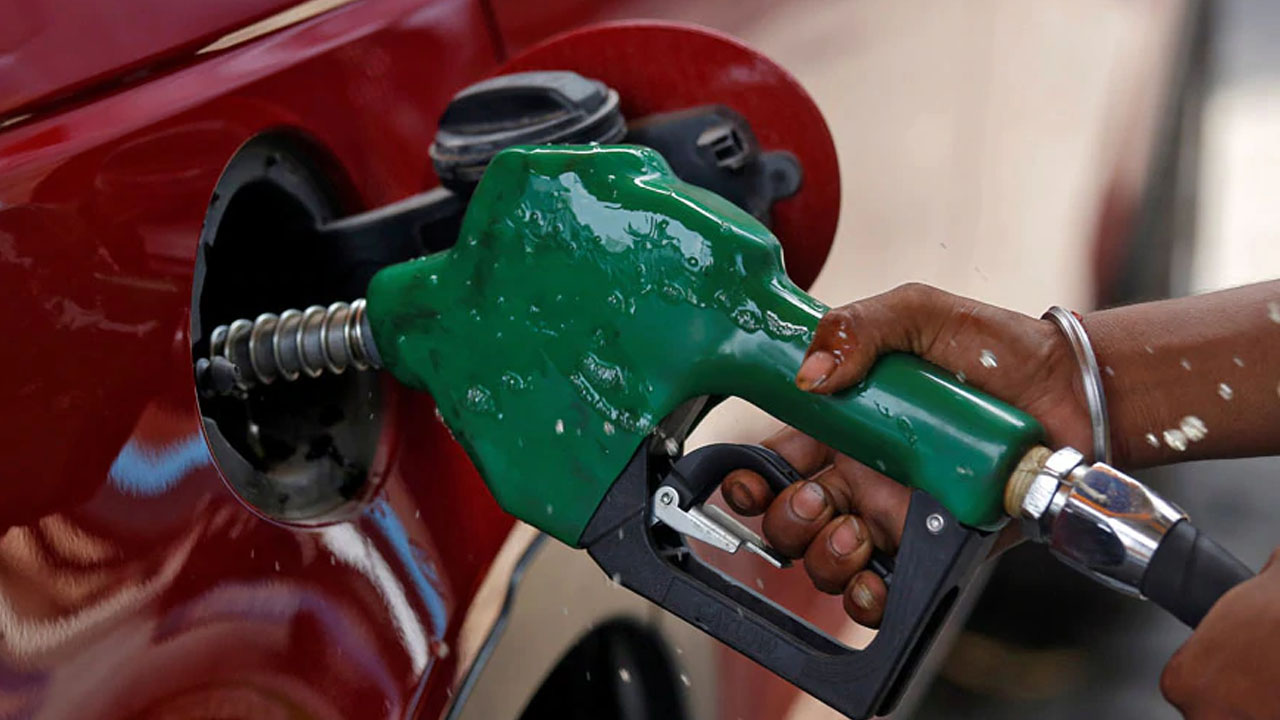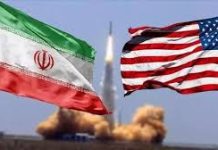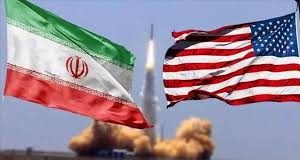Tensions are rising between the Nigerian National Petroleum Company Limited (NNPCL) and fuel marketers, particularly the Independent Petroleum Marketers Association of Nigeria (IPMAN), over the removal of subsidies on petrol. The disagreement comes amidst the recent depreciation of the naira against the United States dollar in both the official Investors & Exporters Window and the parallel market.
At present, the official exchange rate is at 998 naira/dollar, while the parallel market sees rates at 1,225 naira/dollar. This has prompted economists and oil marketers to assert that the subsidy on Premium Motor Spirit (PMS), commonly known as petrol, is increasing due to the weakened naira and rising crude oil costs. Some suggest that PMS prices should be as high as N1,200 per litre in a free market.
Petrol, which is exclusively imported into Nigeria by the NNPCL, currently sells for a range of N617 to N660 per litre, depending on the location of purchase in Nigeria. Marketers argue that with the current economic conditions, the subsidy on petrol is increasing, necessitating higher prices.
The Chief Executive Officer of the Financial Derivatives Company, Bismarck Rewane, contended that while fuel subsidy was not entirely removed, it was reduced. He explained that the convergence of exchange rates and the reduction of windows into one had increased government revenue by 44%, effectively transferring money from consumers to the government. He emphasized that consumers are experiencing reduced income and increased taxes.
The National Public Relations Officer of IPMAN, Chief Ukadike Chinedu, supported the argument that subsidy on petrol is rising, suggesting that the cost of the commodity should be around N1,200 per litre in a free market. Chinedu explained that considering the cost of petrol in the United States, the exchange rate, and other international factors, the price of petrol in Nigeria should be higher. However, the government is subsidizing it, albeit partially.
The ongoing debate underscores the challenges faced by the government in balancing economic policies, the welfare of citizens, and the realities of the global market. As discussions continue, the focus remains on finding sustainable solutions to address the complexities surrounding petrol pricing and subsidies in Nigeria.













